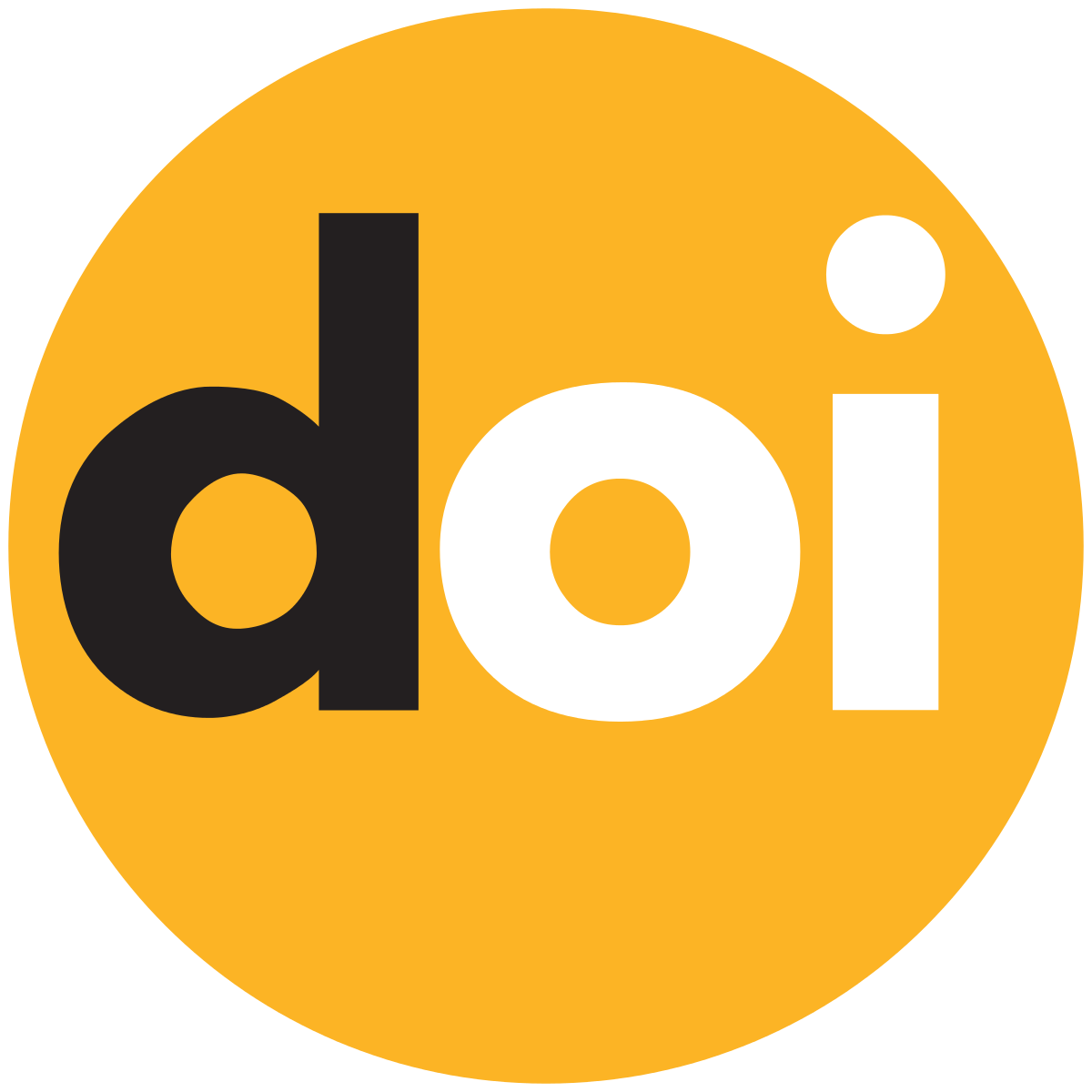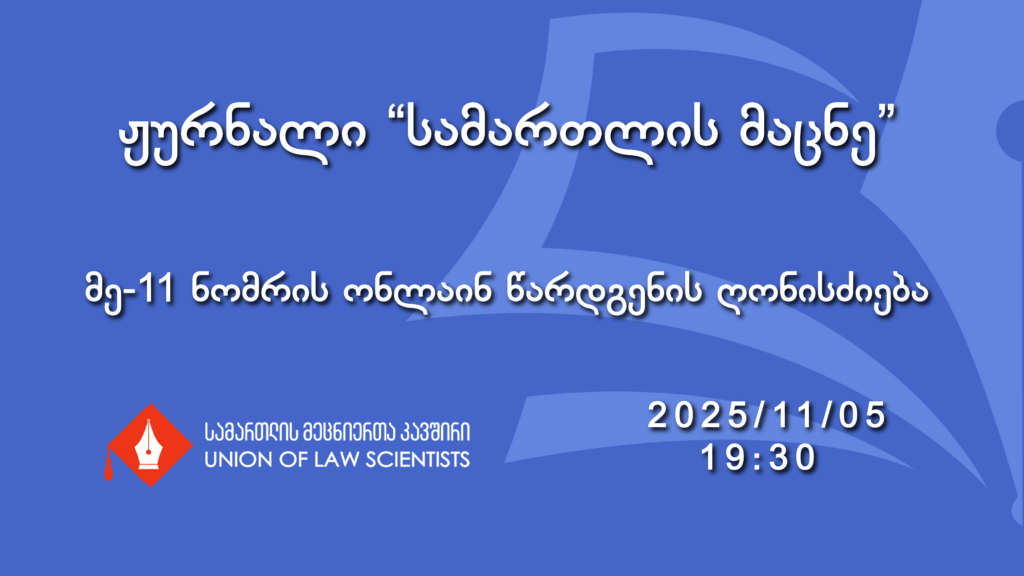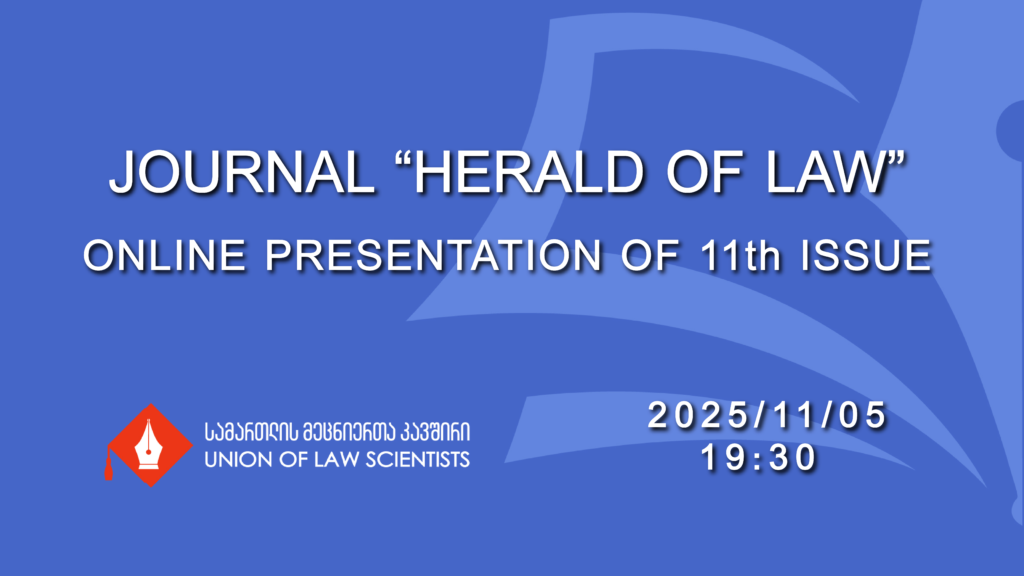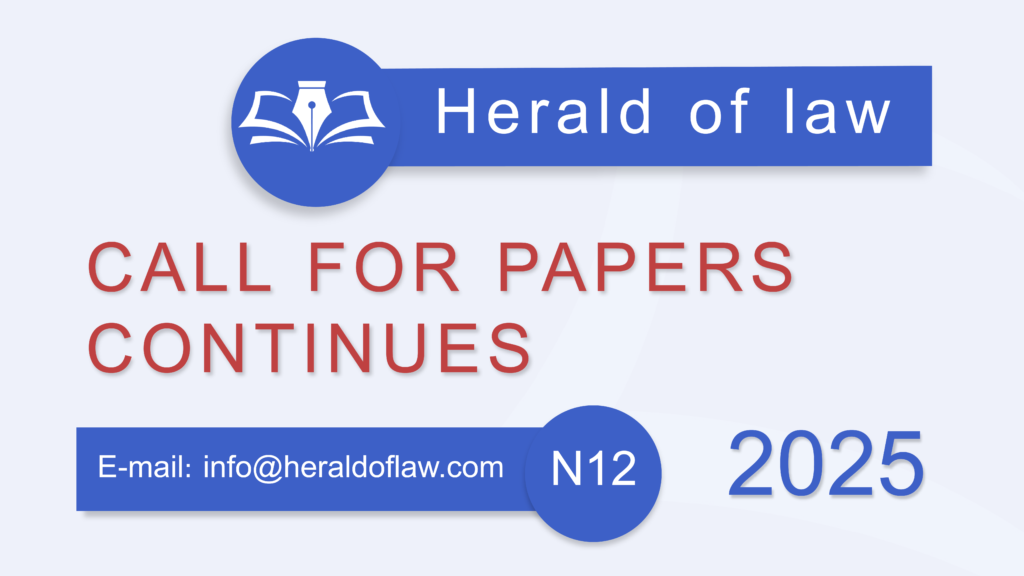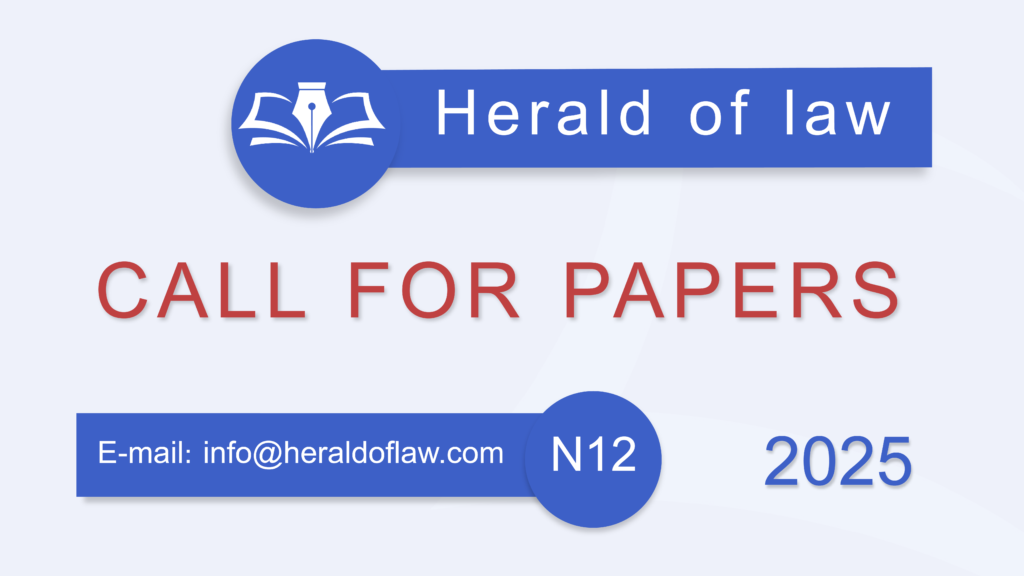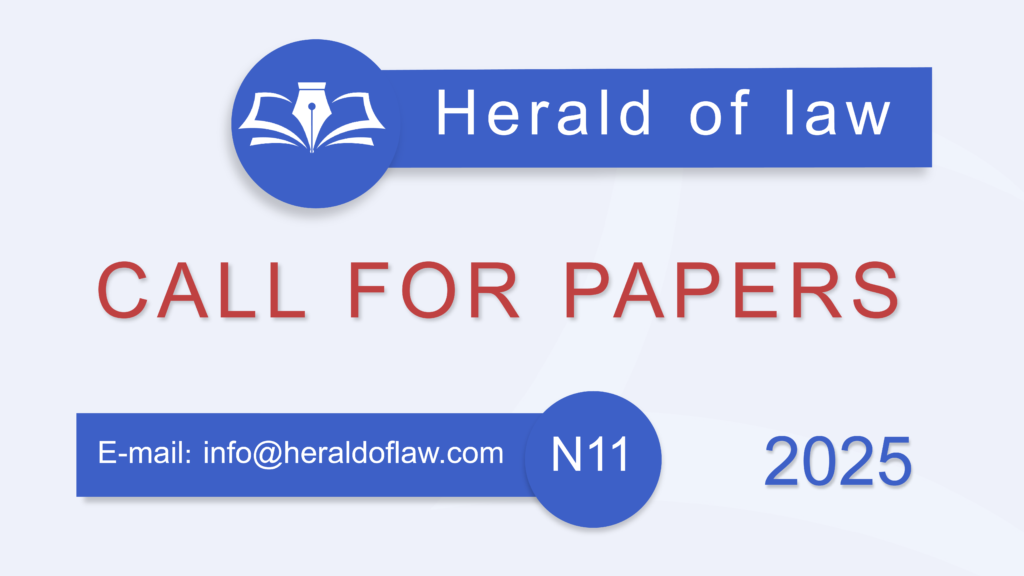Legal and Ethical Aspects of Using ChatGPT in Healthcare
Abstract:
In healthcare, ChatGPT has many benefits that can improve the diagnostic and treatment process. The increasing use of artificial intelligence applications in clinical practice requires solving ethical problems. The aim of the paper is to study the ethical implications of ChatGPT in the field of healthcare, considering legal, humanistic, algorithmic and informational ethics. Legal ethics problems arise from inappropriate allocation of responsibility when patient harm and privacy are violated due to data collection. Clear rules and legal boundaries are needed to properly allocate responsibility and protect consumers. The problem of humanistic ethics arises from the violation of the doctor-patient relationship, humanistic service and issues of honesty. Overreliance on artificial intelligence can undermine patient empathy and trust. The transparency and openness of the content created by artificial intelligence is of crucial importance for the prevention of this. Algorithmic ethics raises challenges of algorithmic bias, accountability, transparency, and explainability. Information ethics includes data bias, validity, and effectiveness. Biased data may lead to biased results, and overreliance on ChatGPT may reduce patient adherence and encourage self-diagnosis. To ensure the accuracy and reliability of the content generated by ChatGPT, rigorous validation and continuous updates based on clinical practice are required. To navigate AI in the ever-changing ethical environment, AI in healthcare must adhere to the strictest ethical standards. Through comprehensive ethical guidelines, healthcare professionals can ensure responsible use of ChatGPT, facilitate the exchange of accurate and reliable information, protect patient privacy, and empower patients to make informed decisions about their health.
Keywords:
Artificial intelligence, Chatbot, Healthcare, Privacy, Licensing, Regulation



